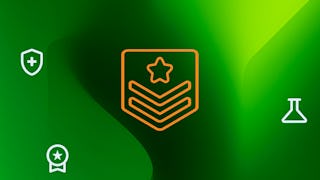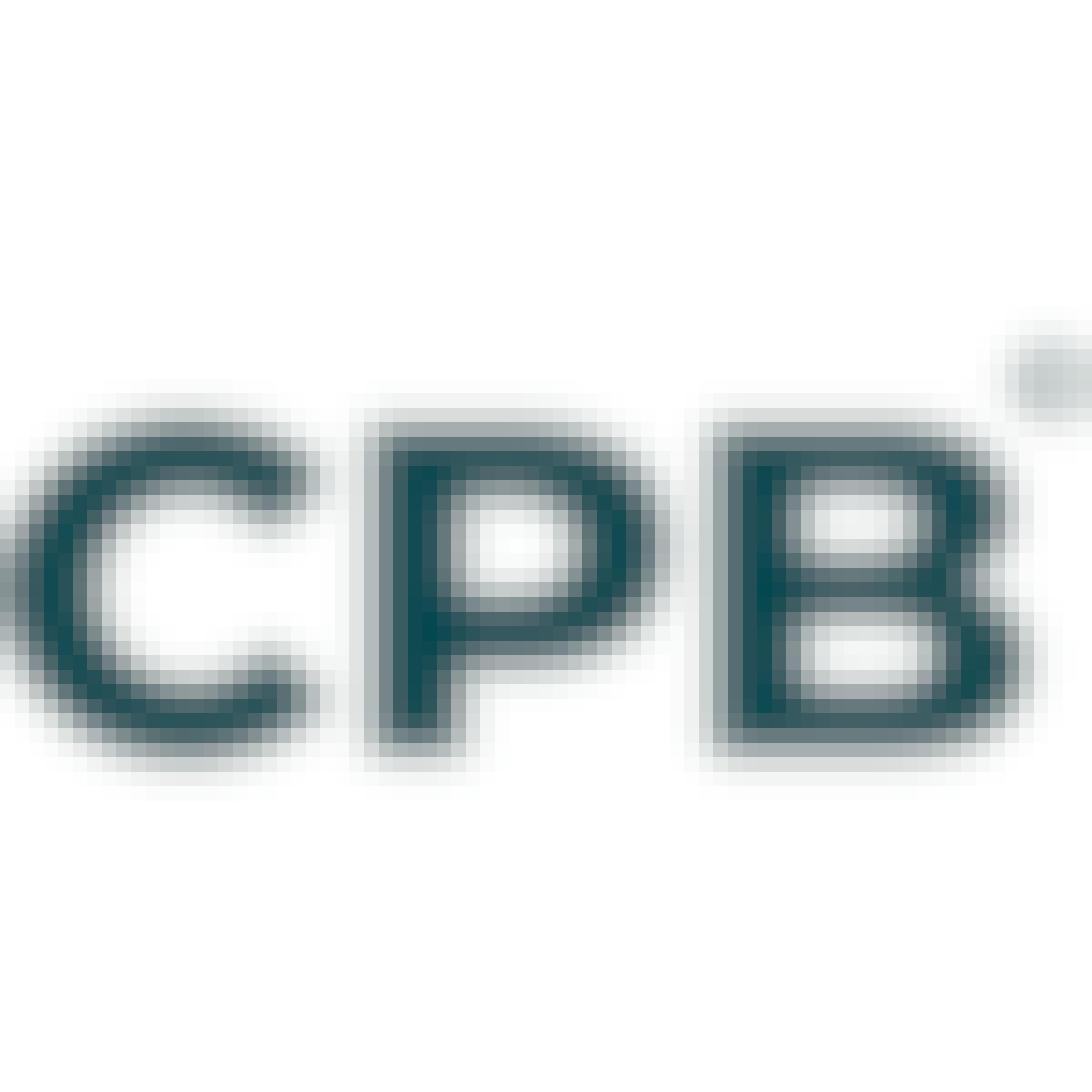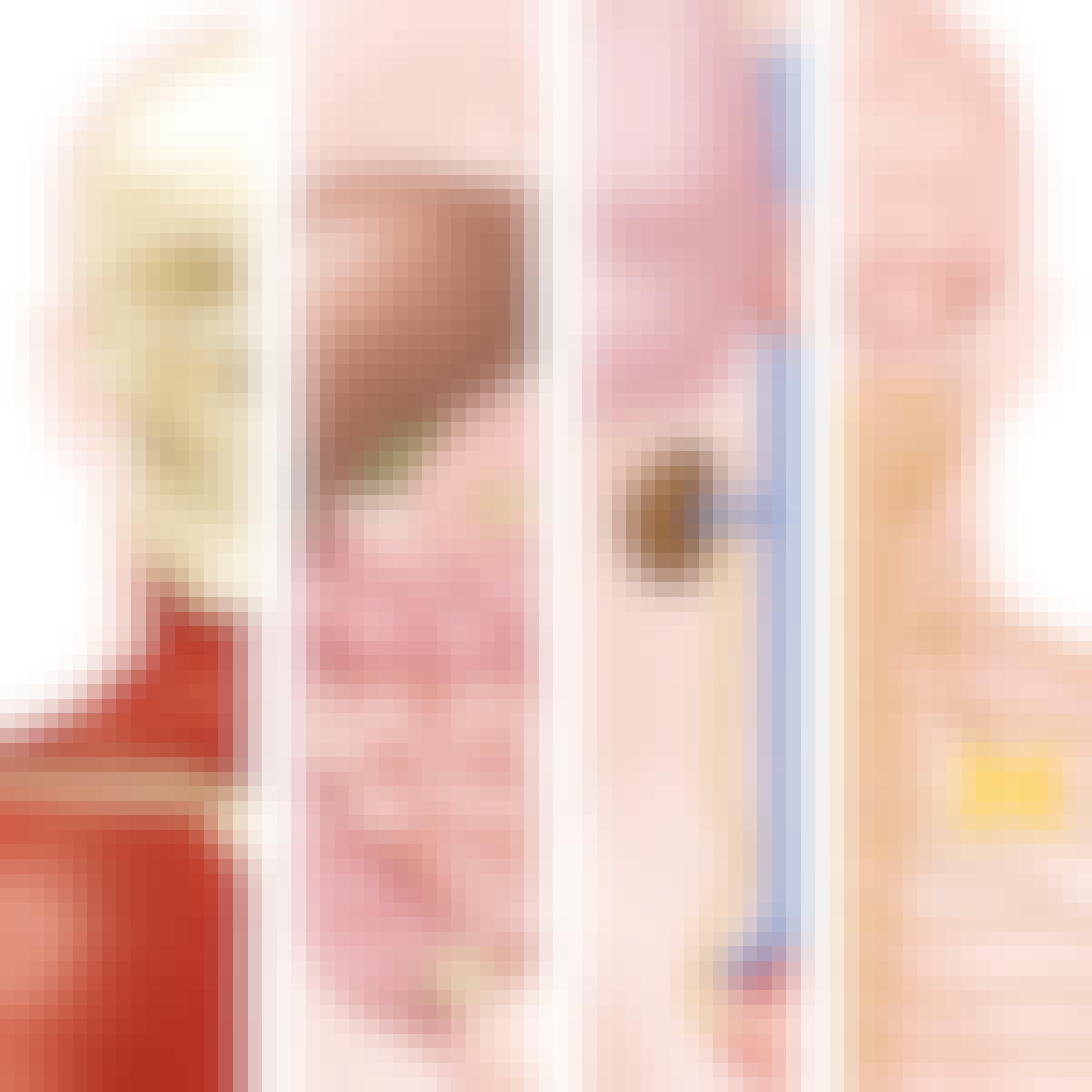- Browse
- Medical Terminology
Medical Terminology Courses
Medical terminology courses can help you learn the language of healthcare, including anatomical terms, medical abbreviations, and diagnostic codes. You can build skills in understanding patient records, communicating effectively with healthcare professionals, and interpreting medical literature. Many courses introduce tools like electronic health record systems and coding software, that support applying your knowledge in clinical settings and ensuring accurate documentation and billing.
Popular Medical Terminology Courses and Certifications
 Status: Free TrialFree TrialR
Status: Free TrialFree TrialRRice University
Skills you'll gain: Medical Terminology, Medical History Documentation, Pulmonology, Cardiology, Electronic Medical Record System, Medical Records, Endocrinology, Human Musculoskeletal System, Orthopedics, Obstetrics And Gynecology, Neurology, Gynecology, Urology, Hematology, Anatomy, Immunology, Diagnostic Tests, Patient Treatment, Physiology, Communication
4.9·Rating, 4.9 out of 5 stars987 reviewsBeginner · Specialization · 3 - 6 Months
 Status: Free TrialFree Trial
Status: Free TrialFree TrialSkills you'll gain: Medical Terminology, Anatomy, Pathology, Medical Records, Physiology, Cell Biology, Biology, Vital Signs, Nutrition and Diet
4.8·Rating, 4.8 out of 5 stars361 reviewsBeginner · Course · 1 - 4 Weeks
 Status: Free TrialFree TrialR
Status: Free TrialFree TrialRRice University
Skills you'll gain: Medical Terminology, Human Musculoskeletal System, Orthopedics, Medical Records, Electronic Medical Record System, Urology, Anatomy, Physiology
4.9·Rating, 4.9 out of 5 stars764 reviewsBeginner · Course · 1 - 3 Months
 Status: Free TrialFree Trial
Status: Free TrialFree TrialSkills you'll gain: Medical Terminology, Pathology, Medical Records, Anatomy, Health Information Management and Medical Records, Cell Biology, Physiology, Vital Signs, Biology, Human Musculoskeletal System, Nutrition and Diet
4.7·Rating, 4.7 out of 5 stars184 reviewsBeginner · Course · 1 - 4 Weeks
 Status: Free TrialFree Trial
Status: Free TrialFree TrialSkills you'll gain: Medical Terminology, Pulmonology, Pathology, Endocrinology, Cardiology, Medical Records, Respiratory Therapy, Neurology, Obstetrics And Gynecology, General Medical Tests and Procedures, Diagnostic Tests, Urology, Gynecology, Anatomy, Human Musculoskeletal System, Health Information Management and Medical Records, Cell Biology, Orthopedics, Physiology, Immunology
4.7·Rating, 4.7 out of 5 stars269 reviewsBeginner · Specialization · 3 - 6 Months
 Status: Free TrialFree Trial
Status: Free TrialFree TrialSkills you'll gain: Medical Terminology, Revenue Cycle Management, Medical Billing, Medical Billing and Coding, Conflict Management, Anatomy, Pathology, Medical Coding, Cultural Responsiveness, Patient Education And Counseling, Patient-centered Care, Electronic Medical Record, Professionalism, Health Care Procedure and Regulation, Health Information Management and Medical Records, Professional Development, Medical Records, Time Management, Physiology, Payment Processing
4.8·Rating, 4.8 out of 5 stars1.7K reviewsBeginner · Specialization · 3 - 6 Months
What brings you to Coursera today?
 Status: FreeFreeU
Status: FreeFreeUUniversity of Pittsburgh
Skills you'll gain: Diagnostic Tests, Laboratory Testing, Medical Terminology, Pathology, Clinical Experience, Medication Administration, Clinical Practices, Medical Prescription, Patient Communication, Emergency and Intensive Care, Vital Signs, Medical History Documentation, Anatomy, Physiology, English Language
4.8·Rating, 4.8 out of 5 stars3.2K reviewsBeginner · Course · 1 - 3 Months
 Status: Free TrialFree TrialA
Status: Free TrialFree TrialAAAPC
Skills you'll gain: Medical Billing, Denial Management, ICD Coding (ICD-9/ICD-10), Patient Registration, Billing, Medical Billing and Coding, Medical Coding, CPT Coding, Accounts Receivable, Payment Processing and Collection, Medical Office Procedures, Utilization Management, Medical Records, Billing & Invoicing, Insurance, Medicare, Health Insurance Portability And Accountability Act (HIPAA) Compliance, Health Systems, Healthcare Industry Knowledge, Regulatory Compliance
4.5·Rating, 4.5 out of 5 stars153 reviewsBeginner · Professional Certificate · 3 - 6 Months
 Status: Free TrialFree TrialJ
Status: Free TrialFree TrialJJohns Hopkins University
Skills you'll gain: Medical Billing and Coding, Denial Management, Patient Registration, Care Management, Medical Privacy, Revenue Cycle Management, Practice Management, Organizational Change, Change Management, Health Insurance Portability And Accountability Act (HIPAA) Compliance, Performance Review, Data Management, ICD Coding (ICD-9/ICD-10), Medical Terminology, Human Resource Policies, Payment Processing and Collection, Medical Billing, Patient Safety, Continuous Quality Improvement (CQI), Data Analysis
4.7·Rating, 4.7 out of 5 stars314 reviewsBeginner · Professional Certificate · 3 - 6 Months
 Status: Free TrialFree TrialU
Status: Free TrialFree TrialUUniversity of Michigan
Skills you'll gain: Human Musculoskeletal System, Anatomy, Endocrinology, Pulmonology, Cardiology, Respiration, Gynecology, Hematology, Obstetrics And Gynecology, Orthopedics, Neurology, Urology, Nephrology, Kinesiology, Physiology, Medical Imaging, Sports Medicine, Biology, Medical Terminology, Cell Biology
4.8·Rating, 4.8 out of 5 stars4K reviewsBeginner · Specialization · 3 - 6 Months
 Status: Free TrialFree TrialR
Status: Free TrialFree TrialRRice University
Skills you'll gain: Medical History Documentation, Medical Terminology, Pulmonology, Cardiology, Electronic Medical Record System, Medical Records, Endocrinology, Hematology, Anatomy, Immunology, Patient Treatment, Diagnostic Tests
4.9·Rating, 4.9 out of 5 stars210 reviewsBeginner · Course · 1 - 3 Months
 Status: Free TrialFree Trial
Status: Free TrialFree TrialSkills you'll gain: Medical Privacy, Medical Records, Medical Office Procedures, Medical Assistance, Conflict Management, Health Insurance Portability And Accountability Act (HIPAA) Compliance, Health Information Management and Medical Records, Health Information Management, Electronic Medical Record, Patient Registration, Patient Coordination, Cultural Responsiveness, Electronic Medical Record System, Medical History Documentation, Patient Education And Counseling, Care Coordination, Patient-centered Care, Professionalism, Professional Development, Time Management
4.8·Rating, 4.8 out of 5 stars1K reviewsBeginner · Specialization · 1 - 3 Months
What brings you to Coursera today?
Searches related to medical terminology
In summary, here are 10 of our most popular medical terminology courses
- Medical Terminology: Rice University
- Medical Terminology and the Human Body Fundamentals: MedCerts
- Medical Terminology I: Rice University
- Medical Terminology, Anatomy, and Physiology Fundamentals: MedCerts
- Human Anatomy and Medical Terminology Fundamentals: MedCerts
- Medical Billing and Coding Fundamentals: MedCerts
- Clinical Terminology for International and U.S. Students: University of Pittsburgh
- AAPC Medical Biller: AAPC
- Johns Hopkins Medical Office Manager: Johns Hopkins University
- Anatomy: University of Michigan
Frequently Asked Questions about Medical Terminology
Medical terminology is the specialized language used by healthcare professionals to communicate accurately and efficiently. It consists of a set of terms that describe the human body, its functions, diseases, procedures, and treatments. Understanding medical terminology is crucial because it enhances communication among healthcare providers, reduces errors in patient care, and improves the overall quality of healthcare delivery. It also empowers patients to understand their health conditions and treatments better.
A background in medical terminology can open doors to various job opportunities in the healthcare sector. Positions may include medical biller, medical coder, health information technician, clinical medical assistant, and medical office manager. These roles often require a solid understanding of medical terms to ensure accurate documentation, billing, and communication within healthcare settings.
To effectively learn medical terminology, you should focus on several key skills. First, familiarize yourself with the structure of medical terms, including prefixes, suffixes, and root words. Additionally, developing a strong understanding of anatomy and physiology is essential, as it provides context for the terms you will encounter. Lastly, practice is vital; using flashcards, quizzes, and interactive exercises can help reinforce your knowledge.
There are several excellent online courses available for learning medical terminology. Notable options include the Medical Terminology Specialization and Medical Terminology I. These courses provide structured learning paths that cover essential concepts and terminology used in healthcare.
Yes. You can start learning medical terminology on Coursera for free in two ways:
- Preview the first module of many medical terminology courses at no cost. This includes video lessons, readings, graded assignments, and Coursera Coach (where available).
- Start a 7-day free trial for Specializations or Coursera Plus. This gives you full access to all course content across eligible programs within the timeframe of your trial.
If you want to keep learning, earn a certificate in medical terminology, or unlock full course access after the preview or trial, you can upgrade or apply for financial aid.
Learning medical terminology can be approached through various methods. Start by enrolling in an online course that suits your learning style. Utilize resources like textbooks, flashcards, and online quizzes to reinforce your understanding. Additionally, consider joining study groups or forums where you can discuss terms and concepts with peers, enhancing your learning experience.
Typical topics covered in medical terminology courses include the structure of medical terms, body systems, common diseases and conditions, diagnostic procedures, and treatment options. Courses often emphasize the importance of understanding medical language in the context of patient care and healthcare documentation.
For training and upskilling employees in medical terminology, courses like the Clinical Medical Assistant Fundamentals Specialization and the AAPC Medical Biller Professional Certificate are highly recommended. These programs are designed to equip healthcare professionals with the necessary skills and knowledge to excel in their roles.










